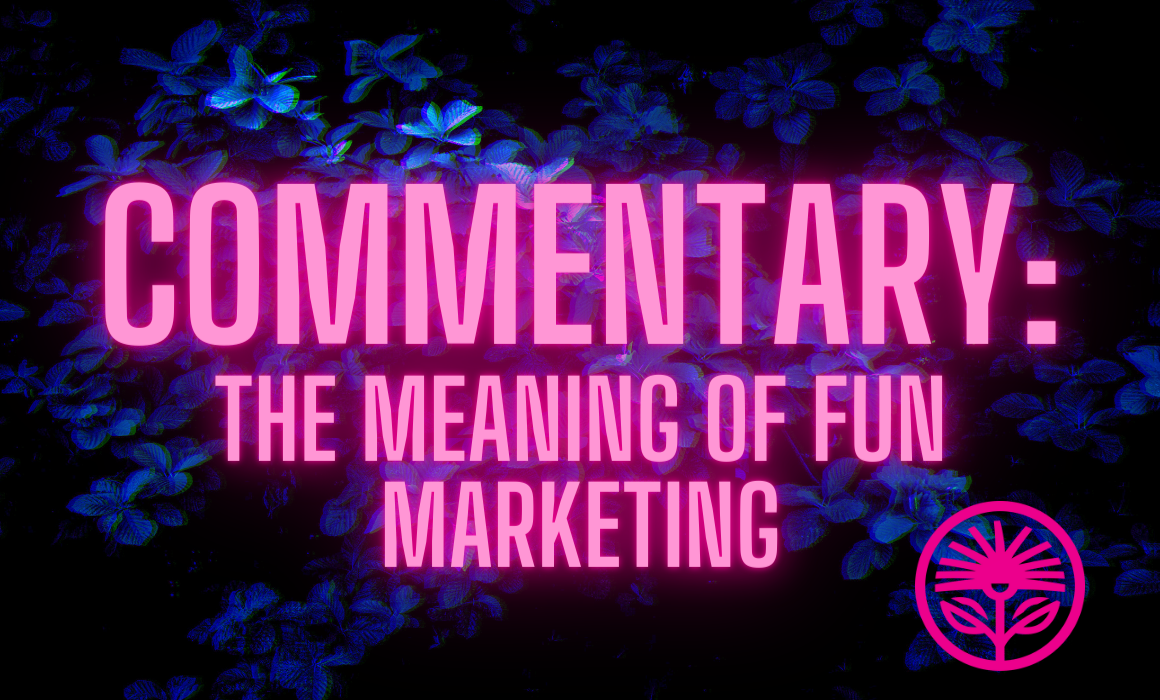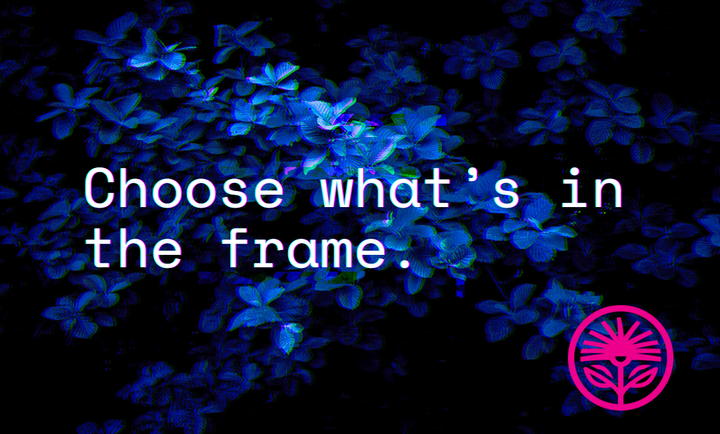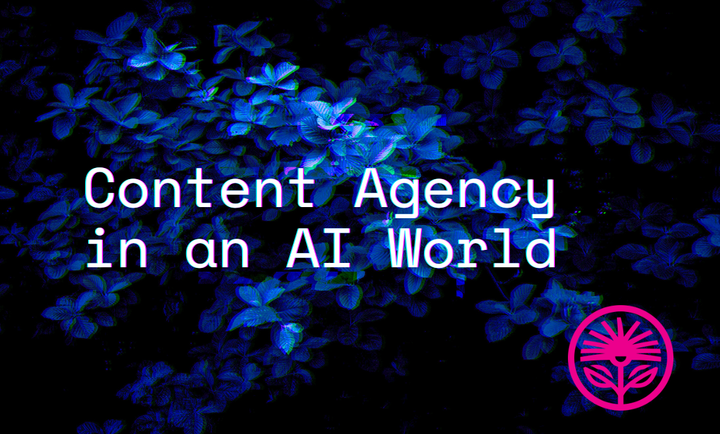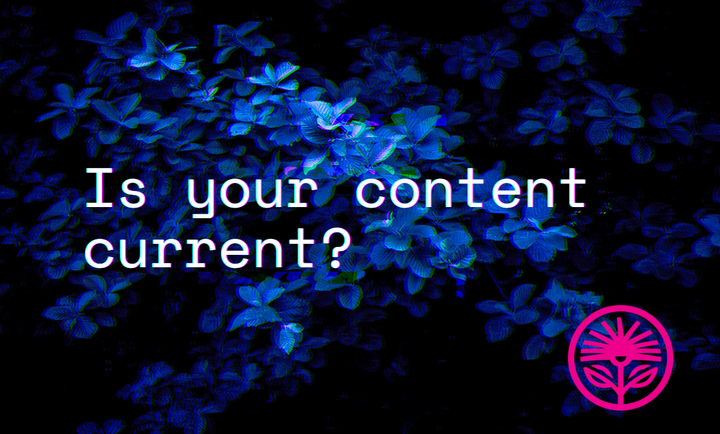The meaning of marketing fun
Fun gets the work done.

In business and life, joy is an end in itself. It requires no justification.
But it’s also a means. It’s a tool we can use to do powerful work that matters.
I believe fun does three things for our work:
1. It makes it more memorable.
2. It makes it more motivating.
3. And it makes it more meaningful.
1. Remember where you’re going
In Joshua Foer’s book on memory champions, Moonwalking with Einstein, he tells the story of a researcher who spent two months alone in a cave.
With nothing to do or pay attention to, he lost track of time. He lost track of memory.
But his cave adventure didn’t feel longer than it really was—it felt shorter. By a factor of two.
When our brains aren’t stimulated, when we don’t have events to hang moments on, time and memory pass us by.
Like Steinbeck wrote, “It is the dull eventless times that have no duration whatever.” But when we’re having fun, we have more “posts to drape duration on.”
Fun helps because it demands novelty. Basically, it creates its own memory posts.
As Mihaly Csikszentmihalyi wrote in Flow, “One cannot enjoy doing the same thing at the same level for long. We grow either bored or frustrated; and then the desire to enjoy ourselves again pushes us to stretch our skills, or to discover new opportunities for using them.”
Fun is self-reinforcing. When we’re having fun, we want to keep having fun, which means we have to keep changing what it is we’re doing.
Put another way, if we enjoy doing our marketing, we’ll enjoy learning more, doing more, making more.
This memory thing is important, after all.
As Margaret Heffernan wrote in Uncharted, quoting professor of cognitive neuroscience Eleanor Maguire, “The whole point of the brain is future planning.”
And how do we do that?
“We create models of the future by recruiting our memories of the past.”
When we make things fun, we make more memories.
Which makes us better able—and more motivated—to face the future.
2. Fun doesn’t need to be forced
I’m not saying you can’t force yourself to do things you don’t like. I’m just saying that research and experience suggests there’s a better way:
Not having to force yourself at all.
Frankly, I recommend reserving martyrdom for better causes than productivity.
Because, let’s face it, we’re talking about marketing here. It’s essential, but that doesn’t mean it’s truly grand-scheme-of-things important.
So instead of putting it off or rushing through it, make it fun.
As Greg McKeown wrote in Effortless, “Our nagging guilt about all the essential work we could be doing instead sucks all the joy out of otherwise enjoyable experiences. Fun becomes ‘the dark playground.’ Separating important work from play makes life harder than it needs to be.”
Our work is hard enough as it is—why make it harder? Instead, fun makes it easier.
Like Ayelet Fishbach wrote in Get It Done, “Intrinsic motivation is the best predictor of engagement in just about everything.”
Frankly, fun is what makes the work work. Because it keeps us working.
At least, it’s what keeps me working.
Like Rory Sutherland wrote in Alchemy, “If we are in denial about unconscious motivation, we forget to scent the soap.”
We forget to make the experience pleasant enough for us to actually want to do it.
“But,” Sutherland continues, “like petals on a flower, it is the apparently pointless thing that makes the system work.”
Fun isn’t decoration on our work. It’s what makes it work at all.
3. The meaning of fun
Joy makes our work meaningful, and makes it worth doing even when it’s hard. Even when it’s uncertain. Even when it’s uncomfortable.
As Daniel Kahneman noted in Thinking, Fast and Slow, “people become more intuitive and more creative” when in a “happy mood.”
“Cognitive ease,” he wrote, “is both a cause and a consequence of a pleasant feeling.”
It’s true, as Kahneman points out, that being in a happy mood can also make us more prone to logical errors, but that’s why we check our work (and our anxiety is always there to lend a helping hand).
But if we aren’t joyfully creative, we won’t have any good ideas to check or explore or experiment with in the first place.
We need our creative imagination to consider the future, consider our options, and create new possibilities.
Even Einstein agreed, saying, “I’m enough of an artist to draw freely on my imagination. Imagination is more important than knowledge. Knowledge is limited. Imagination encircles the world.”
Look, I crave achievement, too. I want to work hard enough to succeed at what I find important.
But fun doesn’t diminish or distract from that—it enables it.
I approach my work, like Rosser Reeves said, “like the designer of jet planes, who knows that the end result may still be beautiful, but that the plane must also fly.”
I want my work to work.
Which means I need to work at it.
But how? Well, we have the words of a real jet plane pilot, and astronaut, Chris Hadfield:
“Success,” he wrote, “is feeling good about the work you do throughout the long, unheralded journey that may or may not wind up at the launch pad.”
So if you won’t take it from me, try it from him:
“The secret is to try to enjoy it.”



